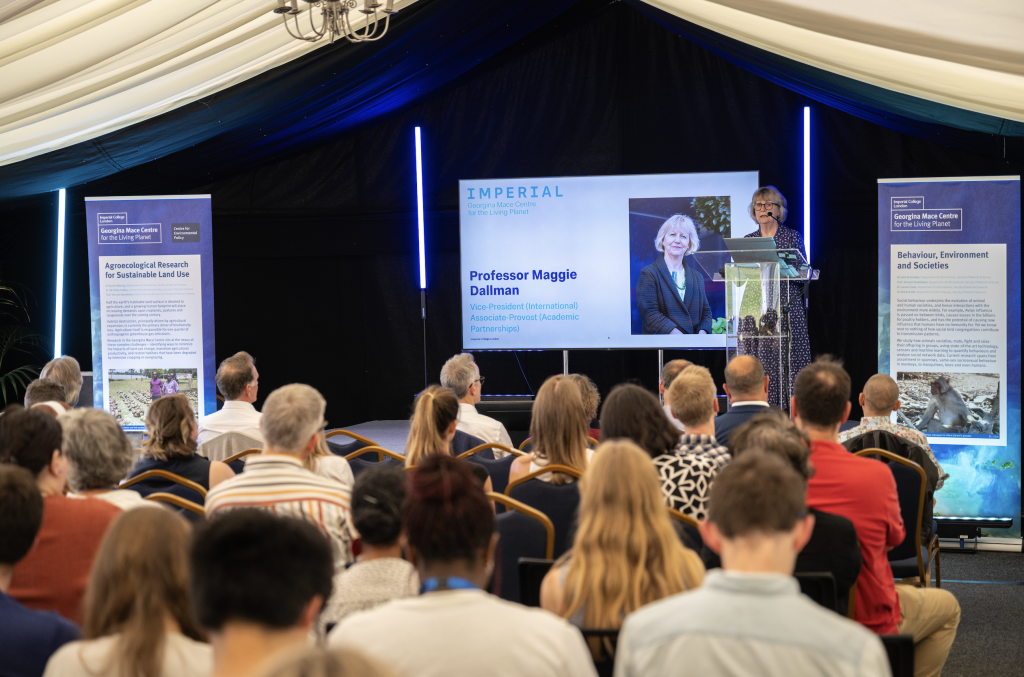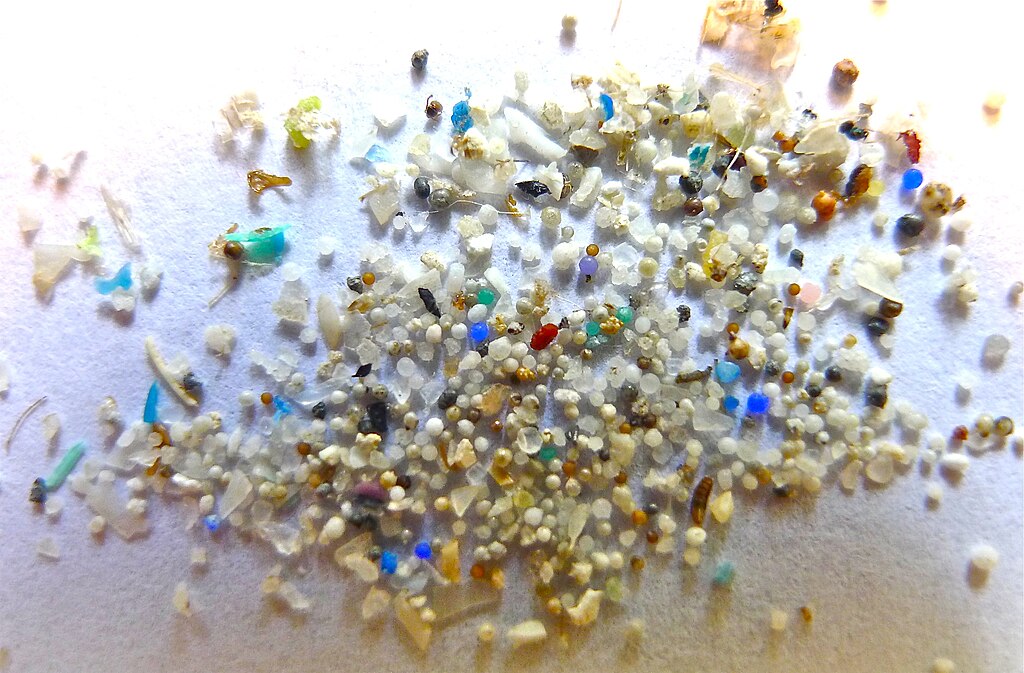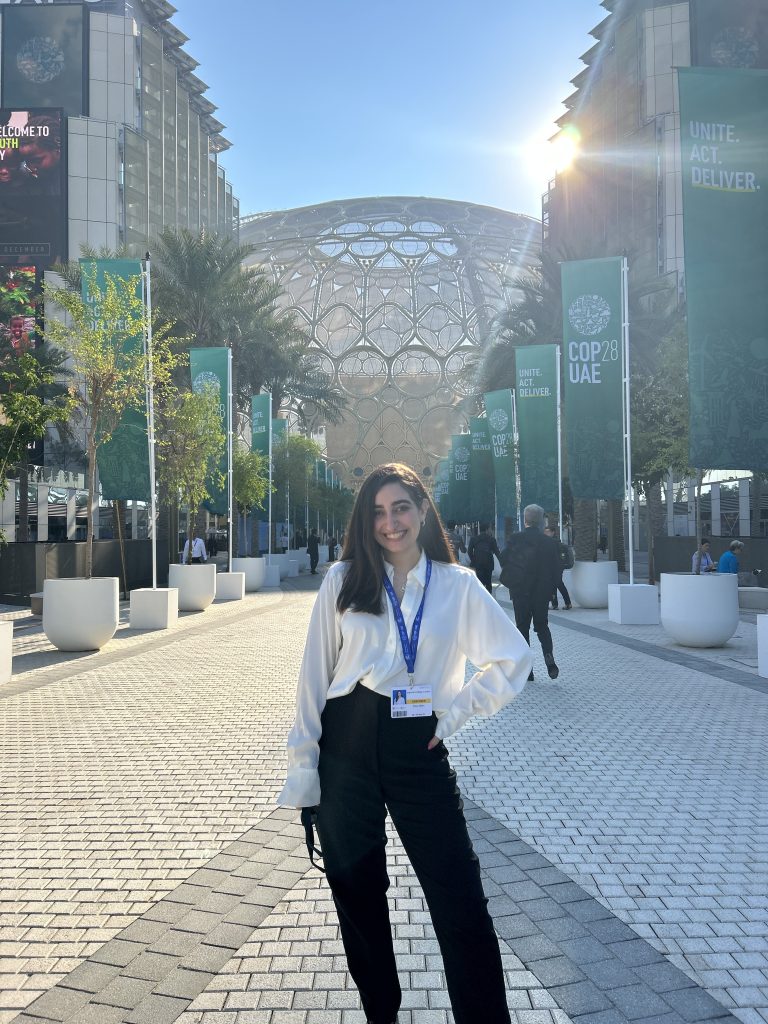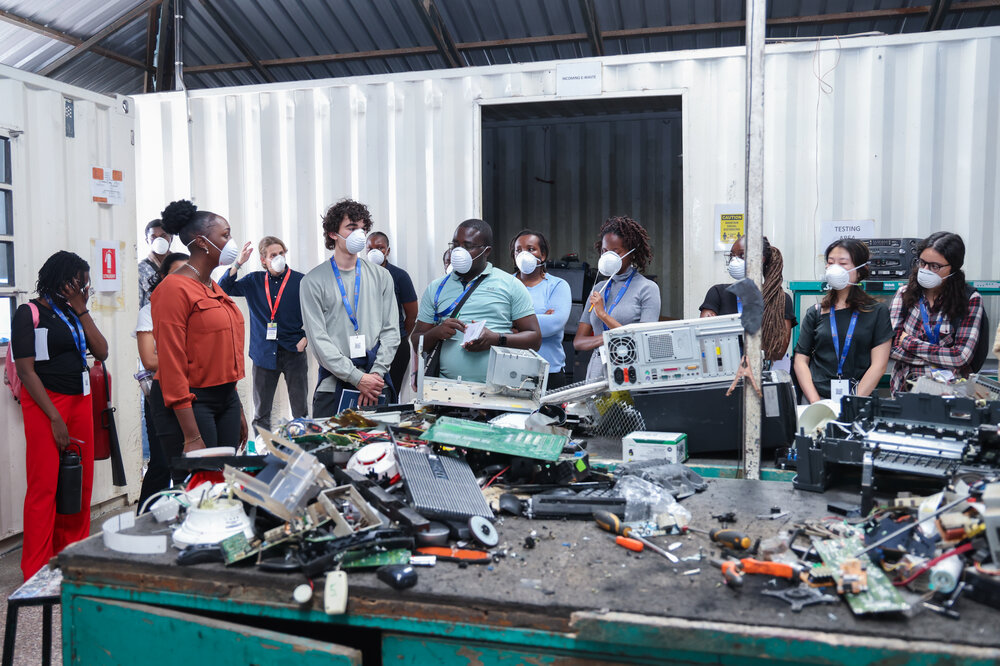The Georgina Mace Centre (GMC) Living Planet Debate recently brought together leading biodiversity experts and policymakers to discuss just how effective international treaties and targets actually were in communicating the current global biodiversity crises.
Are goals like ’30 by 30’ – the global commitment to designate 30% of Earth’s land and ocean area as protected areas by 2030 – useful in conveying the urgency of conservation efforts and capturing the science underpinning biodiversity?

Here are our five takeaways from this year’s GMC debate, which is now available to watch on Youtube.


